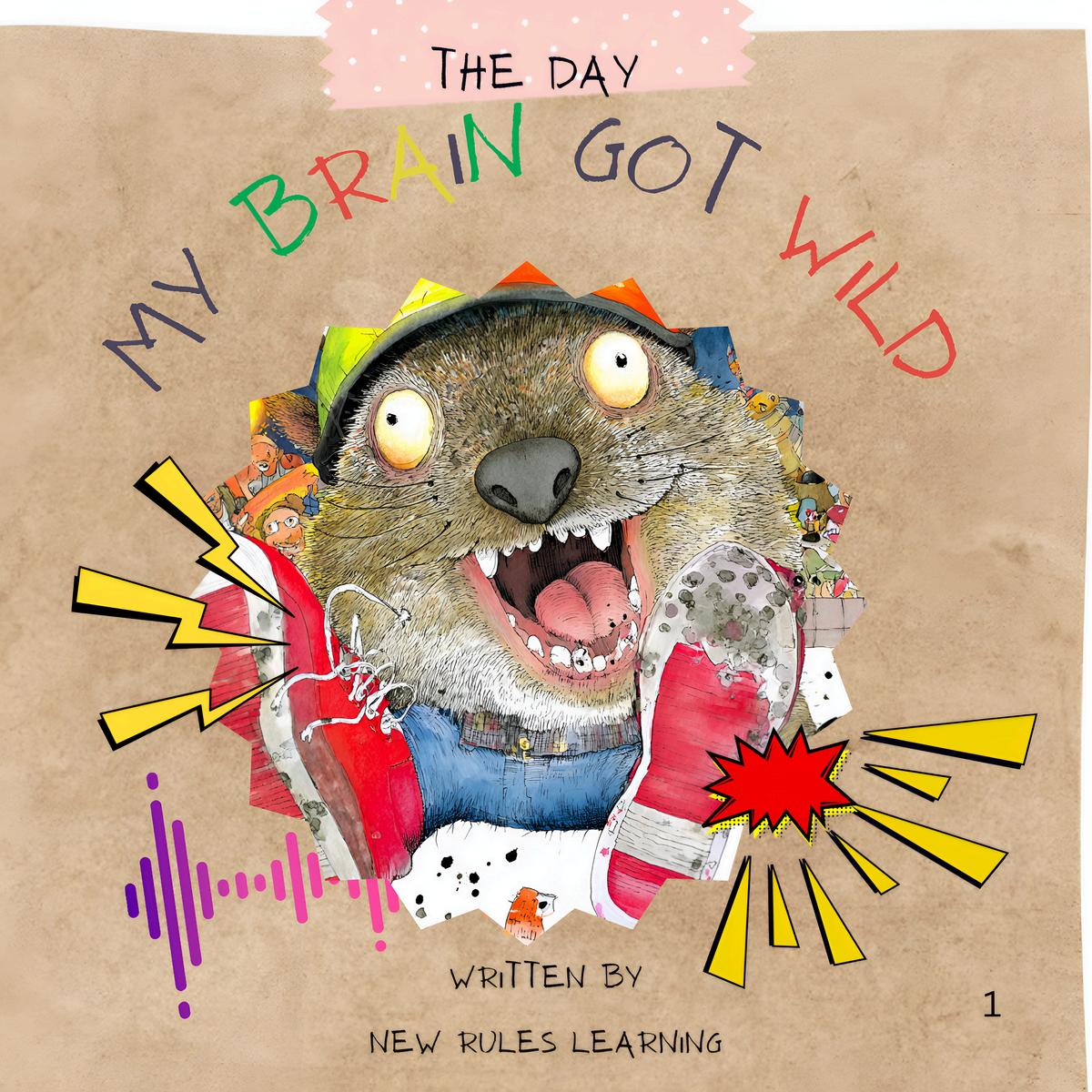T R A U M A TRAUMA
AFFECTS LEARNING AFFECTS LEARNING
Aworkbookforunderstandingandhealing
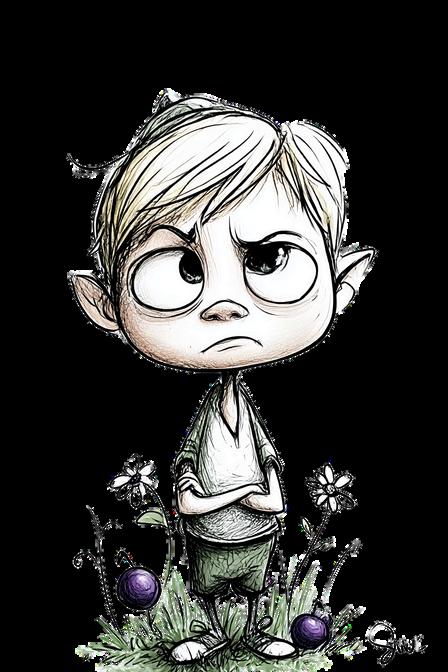


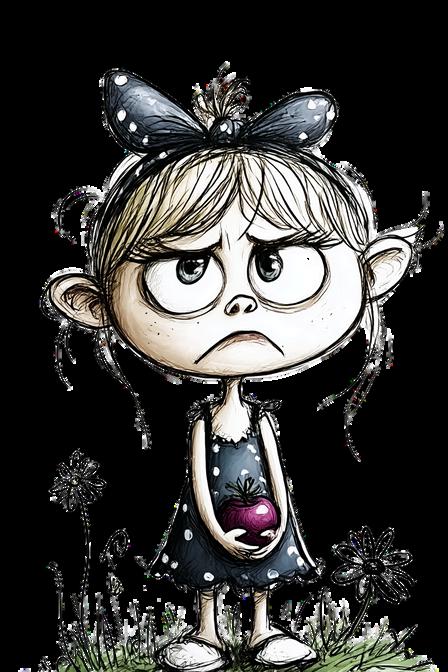


Aworkbookforunderstandingandhealing





This workbook is designed to support children and youth in developing a deeper awareness of their bodies, emotions, and responses to stress, using a trauma-informed lens rooted in nervous system science. Grounded in current research and practice, the content bridges somatic awareness, emotional literacy, and regulation strategies in developmentallyappropriateways.
Professionals using this resource—whether in clinical, educational, or community settings—will find structured guidance for introducing key concepts such as body-based safety, the stress-response system, and theimportanceofco-regulation.Eachsectionincludesreflectiveprompts, creative expression activities, and nervous-system-friendly tools designedtomeetstudentswheretheyare.
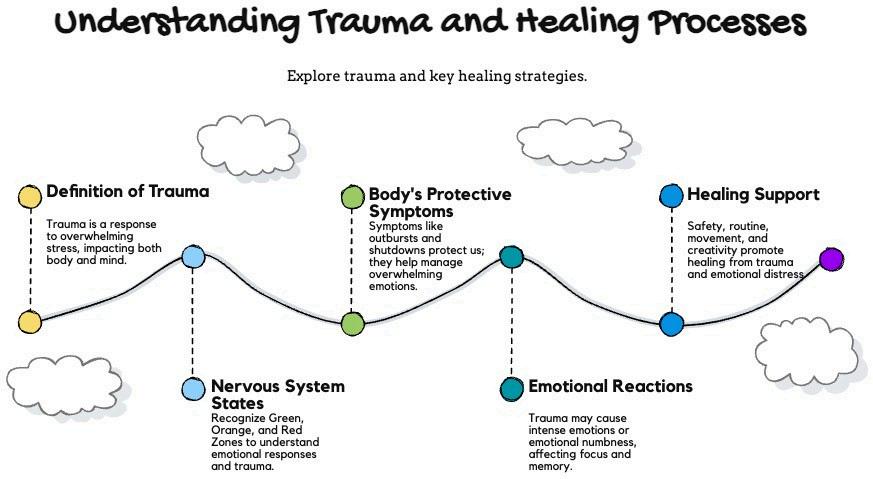
Thisisaguidedworkbookdesignedtosupportchildrenandyouthin exploringtrauma,emotions,andhealingthroughgentleactivities.While manypagescanbedoneindependently,itisnotmeanttobeusedalone
Childrenbenefitmostwhenanadult parent,teacher,therapist,or caregiver—isnearbytosupport,listen,andcreateasenseofsafety.You don’tneedtohavealltheanswers.Yoursteady,non-judgmentalpresence isenough
Letthechildmoveattheirownpace.Thereisnosetordertocompletethe pages.Someactivitiesmayopenupconversation;othersmayjustallowfor quietreflection.
Thisworkbookisnotabehaviortool—it’sahealingresource.Itworksbest whenconnectioncomesfirst.
TERMS OF USE Copyright © 2025 – Present, NewRules Learning. All rights reserved. By using this resource, you agree to the following terms:
YOU CAN: Use this resource for your own personal use. Use this item with your classroom of up to 30 students. Share it with students via Google Classroom or other password-protected platforms (as long as it’s not publicly searchable). Print and make copies for your own students.
YOU CANNOT: Share this resource on public websites or platforms that are searchable by Google or any search engine. Upload or share any part of this product on social media, including Facebook, Instagram, etc. Modify, edit, or use parts of this resource (text or graphics) in your own products, whether free or for sale. Redistribute this resource to others outside of your personal use or classroom.
Trauma Art Based Expression Coping Tools
Coversdefinitionsandhow traumashowsupphysically andemotionally.
Explorestrauma’simpacton attention,memory,regulation, friendship,andtrust
Includesthe“Emotion Monster,”mandalas,safe spaces,andbody awareness
Healing Journey
Presentsthecavedoodle page,healingladder,healing journeymapping,dalas,safe spaces,andbodyawareness
There is no timestamp on trauma… Be patient. Take up space.” Dawn Serra
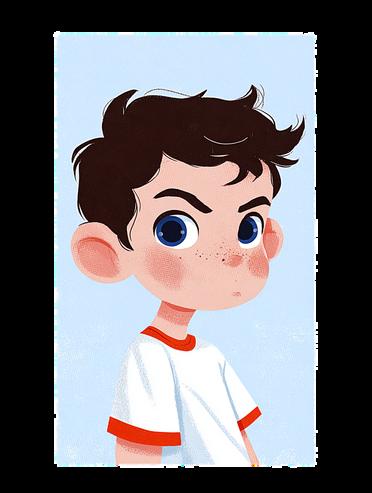
Traumaiswhensomethinghappensthatfeelsreallyscary,confusing, oroverwhelming—somuchthatitcanbehardtostopthinkingabout itlater.Itcouldbeonebigthing,oralotofsmallerthingsovertime.
Sometimespeoplethinktheyshould“justgetoverit,”buttraumaisn’t justinyourhead itcanalsoshowupinyourbody,yourfeelings,and thewayyouact.
Dear Diary,
“Sometimes in class, I get really nervous even if nothing bad is happening. If the teacher gets a little strict or someone slams a book, my heart races and I want to run or hide. I’m not trying to be bad — it just feels like my body remembers something scary, even when my brain knows I’m in school.”
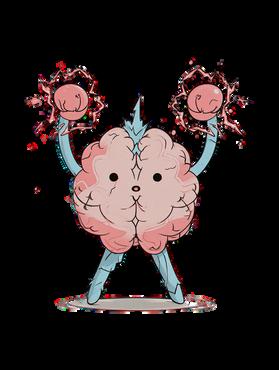

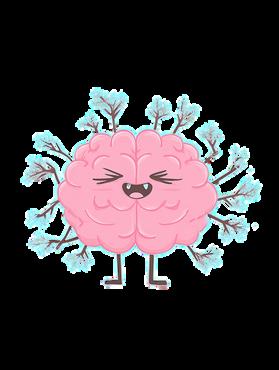
Ifthishappensalot,thebraingets“stuck”inalarm mode.
goesinto“survivalmode”— fight, flight, freeze. Calmbrainslearnbetter.Stressedbrainsstruggletofocus, remember,orstaypresent.

Hard to pay attention or sit still
Trouble remembering instructions
Struggles with reading or writing
May seem like not trying — but really trying to feel safe
Learning takes a back seat to survival
Dear Diary,
“Sometimes I sit in class and it’s like I can’t hear anything the teacher says. My body is there, but my head is somewhere else.
Like this morning — we were supposed to do a writing assignment, but I couldn't even remember the directions. I was still thinking about last night. The shouting. The door slamming. The police coming.
Everyone else started writing, and I just stared at the paper. I wanted to cry, but I didn't want anyone to see.
The teacher said I need to focus more. But how do you focus when your stomach hurts from stress and your brain won’t stop spinning?
I’m not dumb. I used to like school. But now it’s like my brain is always tired. It’s like the bad stuff follows me here, even when it’s quiet.”






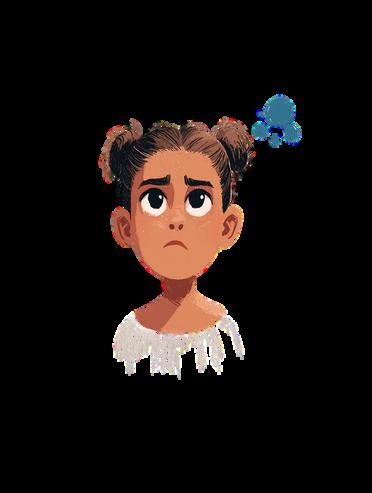

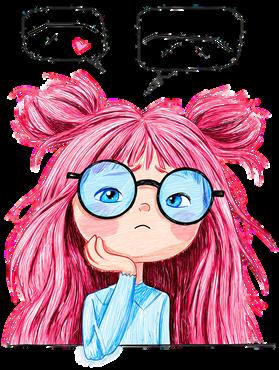


Sometimes, I have a hard time trusting people — even the ones who are kind to me. It’s not because I don’t want to trust them. It’s just... I’ve learned that people can leave, or hurt you, even when they say they care. Especially the ones who were supposed to protect me. Because of that, I don’t always know how to act around others. Sometimes I keep to myself and don’t talk at all. Other times, I say yes to everything, even when I don’t want to — just to keep the peace. And sometimes, I get angry fast or try to control things before someone else does. It’s not easy for me to let people in. I wish it was. But when trust has been broken too many times, it feels safer to stay guarded — even when deep down, I still hope someone might stay.
FriendsCanBeHard
Whenyou’vebeenhurt,making friendscanfeeltricky:
Atschool,someteachersmight notunderstandwhat’sgoingon
Whensomethingreallyscaryorpainfulhappens,it canmakeithardforakidtotrustpeople even theonestryingtohelp.
Ifthepersonwhohurtyouwassomeonewhowas supposedtotakecareofyou(likeaparentor caregiver),thatmakesitevenharder.Yourbrain learns:“PeopleItrustmightleaveme,hurtme,or changesuddenly.”
Drawabrokenheart
Becauseofthat,somekidsactindifferentwaysaround others:
Theymightstaysuperquietandkeeptothemselves. Oralwayssay“yes”andtrytopleaseeveryone,evenif theydon’tmeanit.
Somegetangryfastortrytocontroleverything.
Somelieorplaymindgamesbecausetheydon’tfeel safebeinghonest.
Noneofthatmeansthey’rebad itjustmeansthey’re tryingtoprotectthemselves.
Drawafriendwhotriesto protecthimorherself



Dear Diary,
Sometimes when kids go through something really scary or painful, it can be hard to trust people — even the nice ones. That's because their brain is trying to keep them safe. And that’s okay.
ThinkandReflect
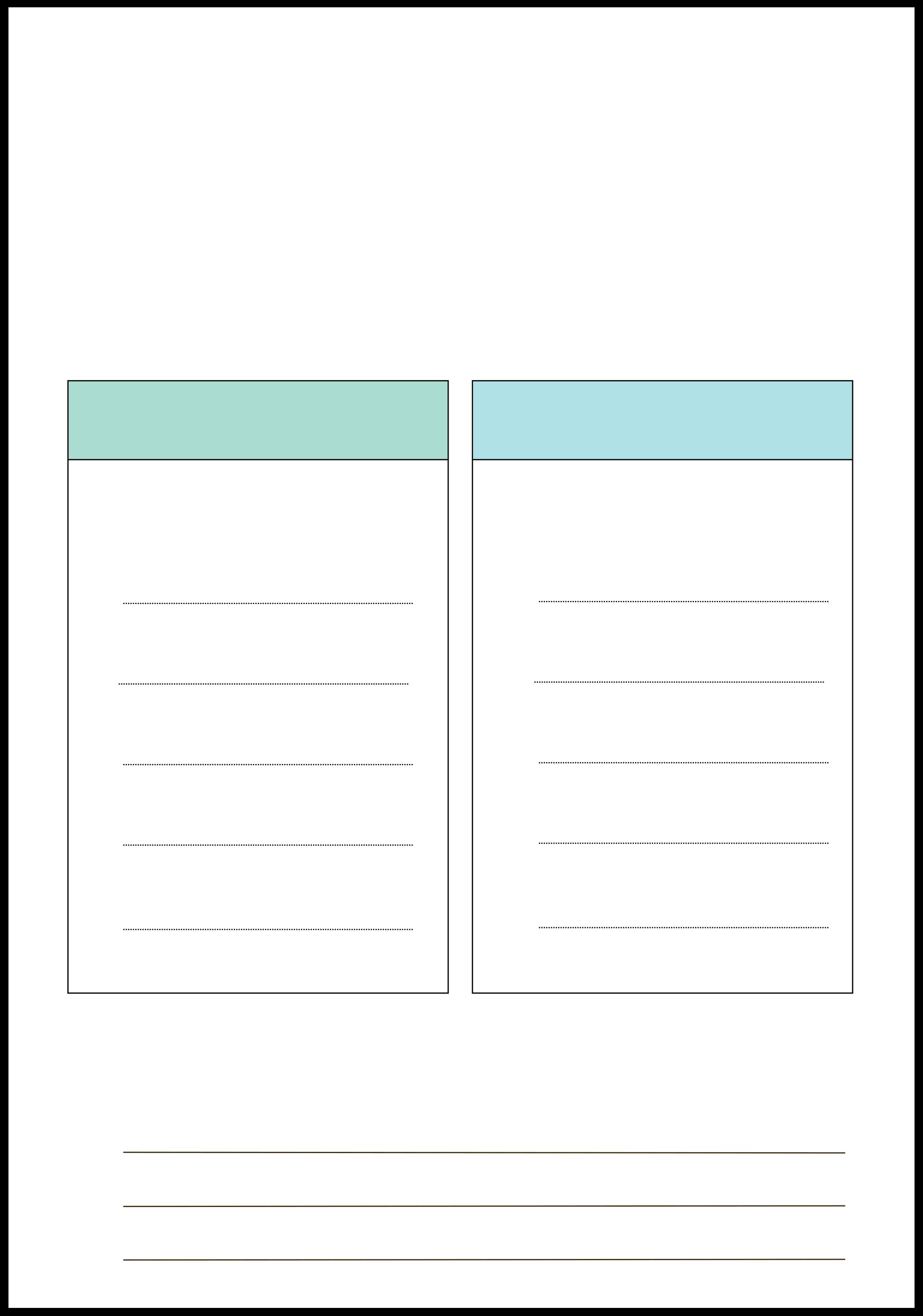
Thinkofwhatyouseeinyourself andothersonwhattrustlookslike
Hasanyoneeverbrokenyourtrust? Howdidthatmakeyoufeel?What happened?Namethem
Whatkindsofthingshelpyoufeelsafewithsomeonenew?
Draworwriteineachblockofthecomicstrip.
Usestickfigures,faces,speechbubbles, symbols,oranythingelsethathelpsyou expressyourstory.
1. Before Trust
2. Learning Trust
3. Building Trust
A moment when trust felt broken or scary This could be a time you felt left out, ignored, or unsafe Use simple expressions or symbols to show the f li
Show a moment where someone was kind, listened, or helped you feel a little safer What did they do? How did that feel?
Draw what trust looks like now or what you hope it could look like one day a safe friendship, a caring teacher, or a peaceful space



Positive/Calming

Safe Calm Brave
Hopeful
Proud Relieved
Curious
Loved
Heard
Grateful
Respected
Happy
Confident
Supported
Peaceful
Angry Sad
Scared
Nervous
Confused
Frustrated
Lonely Embarrassed
Hurt Rejected
Guilty Tense
Overwhelmed
Ignored
Empty

Rightnow,I’mfeeling
Todaystartedoff...
Idon’treallytalkaboutthis,but...
Onethingonmymindis...
Iwishpeopleunderstoodthat SomethingI’mtryingtofigureoutis... Lately,I’vebeenthinkingabout... Iactlikeeverything’sfine,butreally IfIcouldsaywhatI’mfeeling,I’dsay... It’shardformewhen...
Mybodyfeels...
ThepartoftodayI’llremembermost is...
Ifmyfeelingshadavoice,they’dsay...
Thehardestthingaboutthisweekis
Somethingthatmademefeelsmall was...
InoticedIacteddifferentlywhen...
Iwantedtosaysomething,butinstead I...
Ididn’tfeelsafewhen...
Ikeepwonderingwhy
Ifeltcalmwhen...

WhatIneedmostrightnowis...
Iwishsomeonewouldtellme...
IfIcouldmakeonethingbetter,it wouldbe...
Iwanttorememberthat...
Tomorrow,Ihope I’mproudofmyselffor... I’mgoingtotry...
AsmallstepIcantakeis... Ifeelstrongestwhen Eventhoughit’shard,I... Iwanttobelievethat... Ifeelalittlebetterafterwritingthis because...
OnethingIlearnedaboutmyselfis...
Idon’thavealltheanswers,but... Isurvivedtodayby Ineedabreakfrom...
Mysafespaceis... Iwanttotalktosomeoneabout ThenexttimeIfeelthisway,I’lltryto... I’llbeokaybecause...

Pickoneofthetopicsbelowtowriteabout.Youcanalsowriteaboutmorethanoneifyou feelready.

Sometimesweactacertainway likebeingquiet,gettingmadfast,ortryingtomake everyonehappy becauseourbrainistryingtokeepussafe.
Thinkabouthowyouactaroundothersinyourclassorathomeandwhatreactionyou getfromthoseyouactouton. Thinkoffriends,family,teachers,classmates,etc.


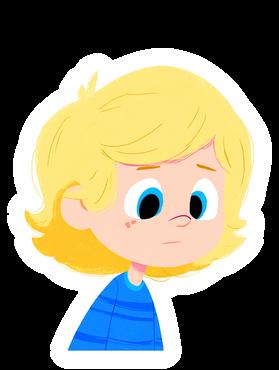



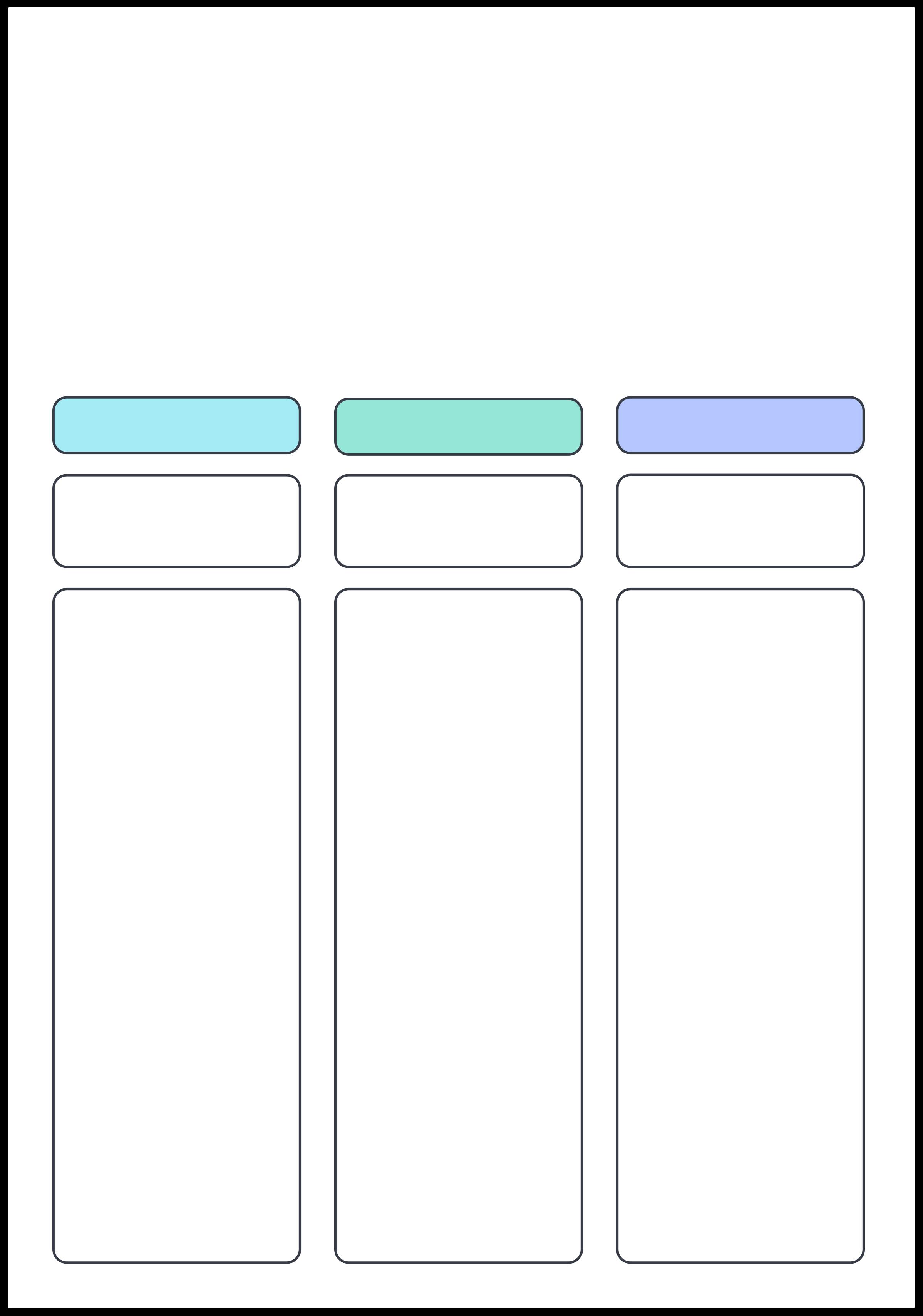
WhatIDo(My Behavior)
What’sReallyGoing On(TheFeelingor FearUnderneath)
WhatandWhoMight HelpMeFeelSaferor Calmer
“Trauma is a fact of life. It does not, however, have to be a life sentence.” Peter A. Levine

Thinkaboutatime—realorimagined—whenyoufeltsafe.Notjust “okay,”butreallysafe,likeyoucouldbeyourselfandbreathe. Whatdoesthatfeelinglooklikeinyourmind?Whatcolorsorshapes wouldyouuse?
1.Whatcolorsfeellikesafetytoyou?
2.Isitaplace,aperson,afeeling,orsomethingelse?
3.Doesyourdrawinghavesoftorsharplines?Isitbrightorcalm?
4.Youcanaddafewwordsorleaveitallasart it’suptoyou.

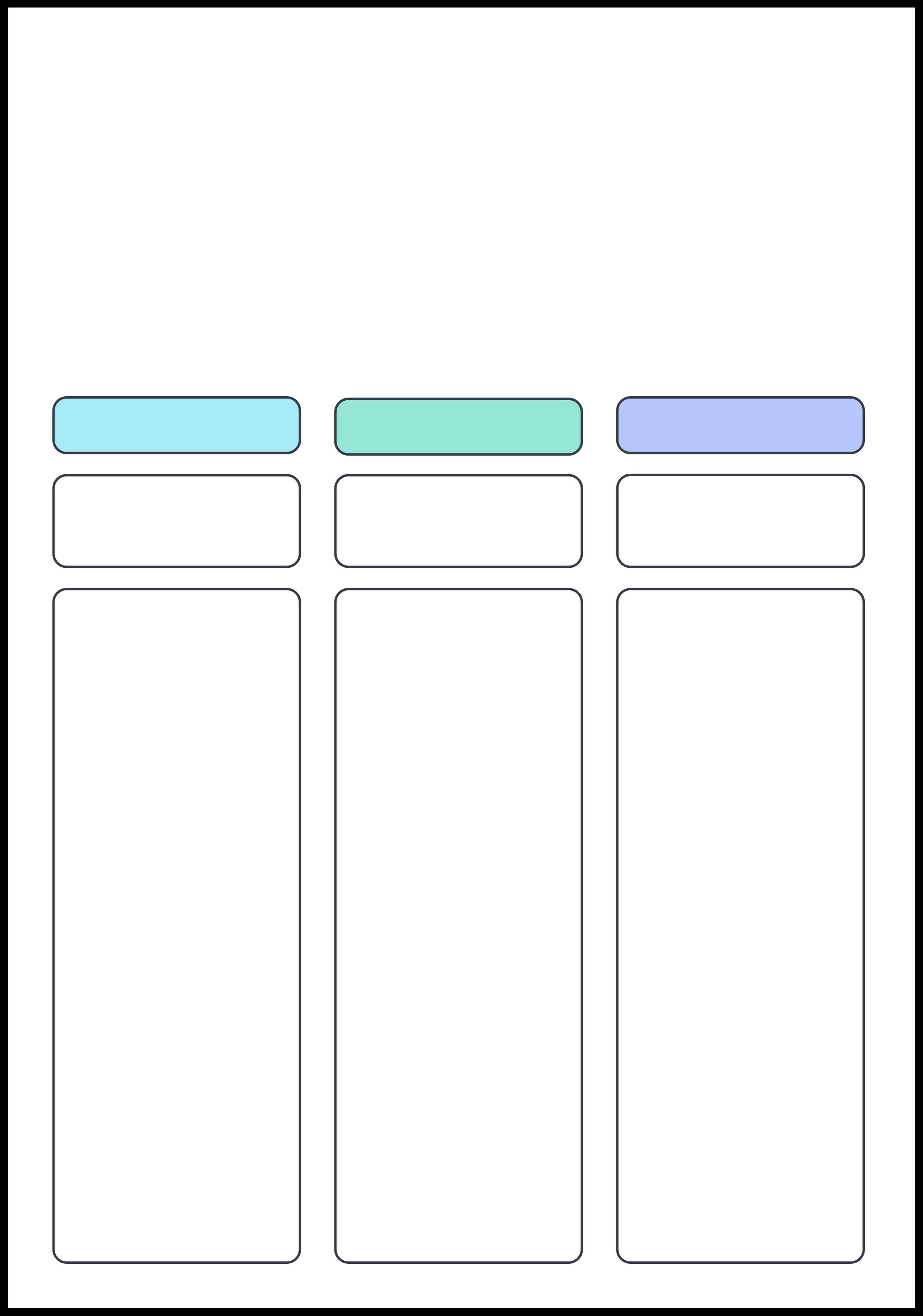
HowArt,Music,Drama,andMovementHelpUsHeal
Whensomethingscaryorhurtfulhappens,itcanshakeuphowwefeel inside.Ourbodymightfeeljumpy,heavy,ortired.Ourthoughtsmightspin fast,orwemightnotwanttotalkatall.
That’sokay Healingdoesn’thavetostartwithwords
Sometimes,healingbeginswithacolor.Asound.Astory.Arhythm.Aquiet huminyourchest.Afeelingthatfinallygetstomove.
Yourdrawingshowsyourownversionofsafety—andnooneelse’shasto lookthesame.
Somepeoplefeelsafeinnature.Somefeelsafewithmusic.Somefind safetyinaperson,apet,orevenamemory.Youcanmakesomething thatbelongstoyou.
Dear Diary, Sometimes I bring in the monster when things feel too big, too scary, or out of control.
It jumps in to protect me, — but it doesn’t always know how to do it the right way.
TheTruthAbouttheEmotion Monster
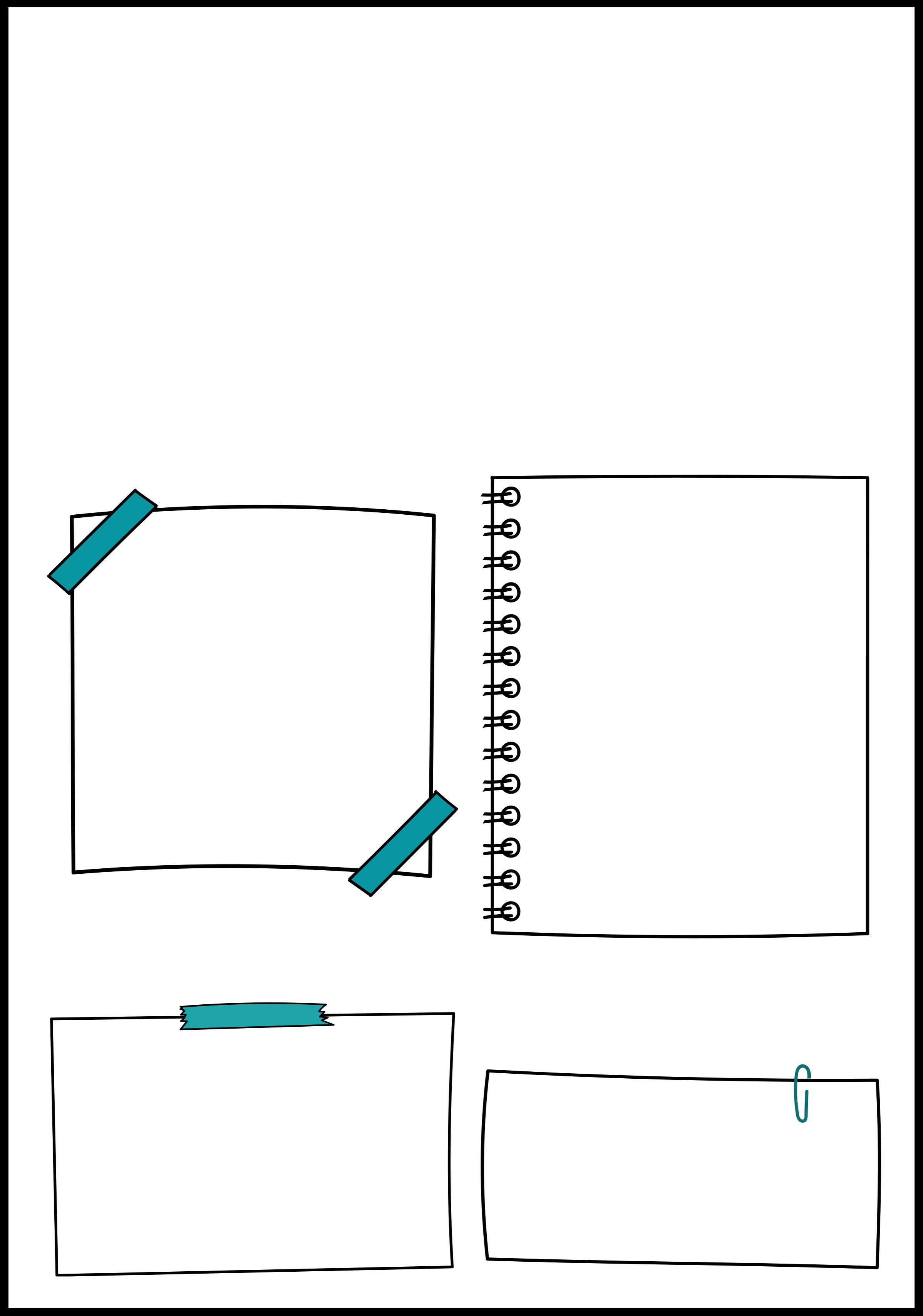
Theemotionmonstercancause realtrouble. Itdoesn’twaititsturn. Itbargesinwithoutasking. Andonceitshowsup,itcanmake amessoutofyourday oryour relationships
ItMighthaveStartedasa Protection
But now,itjustgetsintheway. Itmesseswithfriendships. Itmakesteachersthinkyou're“bad” or“lazy.” Itleavesyoufeelingmorealonethan before.
It’scapableofruiningyourday
Sometimesthemonster: Yellsbeforeanyoneevensays anything Shutsdownandrefusestotalk Liesorblamesothers Pushespeopleaway Pretendsnothingmatters
You’renottheMonster Yougettonoticeit Yougettonameit
Andyougettochoosewhattodo withit
Whatcolorisyourmonsterwhenit’sangry?Sad?Worried?
Whatsizeisyourmonster?Doesitgrow,hide,yell,orfreeze?
Wheredoesyourmonsterlive—insideoroutside?
Whathelpsyourmonstercalmdownorfeelseen?
Let’sturnabigfeelingintoamonster
Usecolors,textures,orcut-outshapestocreateacreaturethatshows onebigfeelingyouhavesometimes.
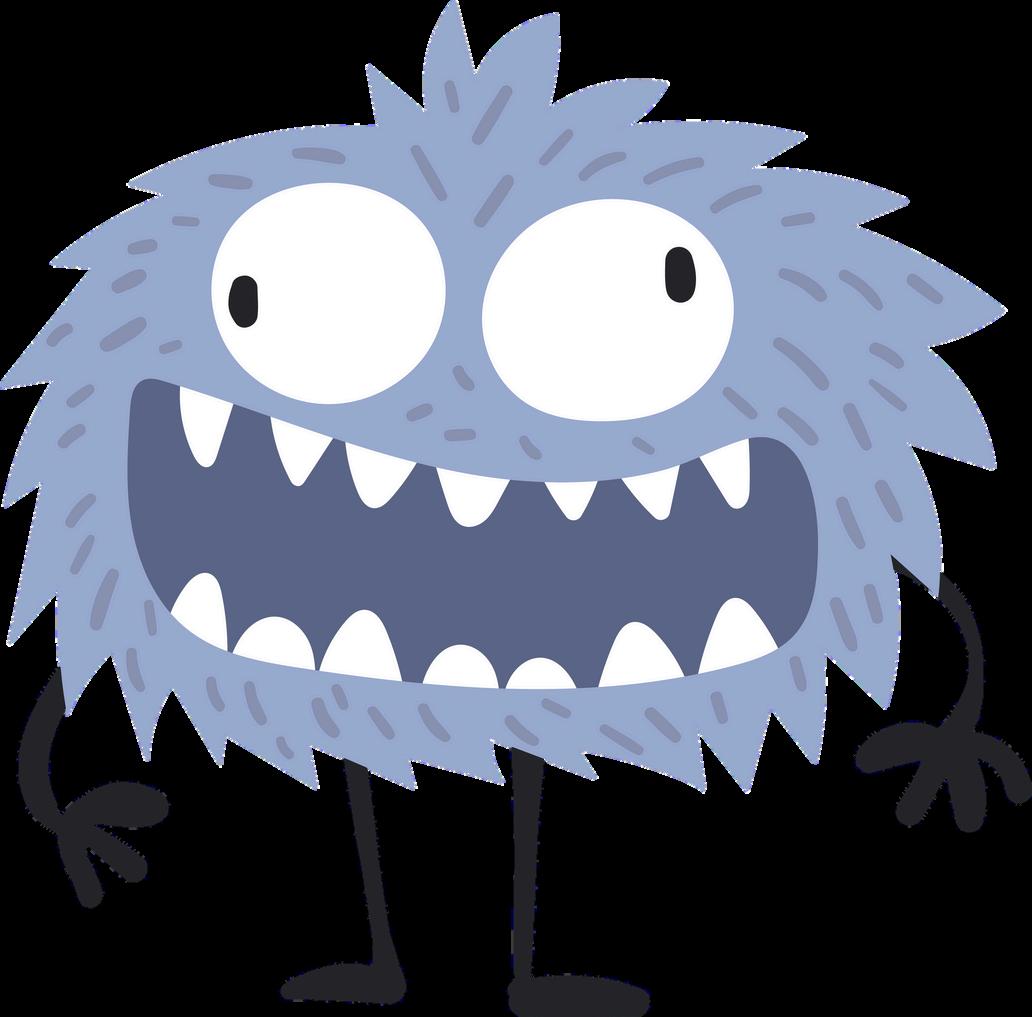

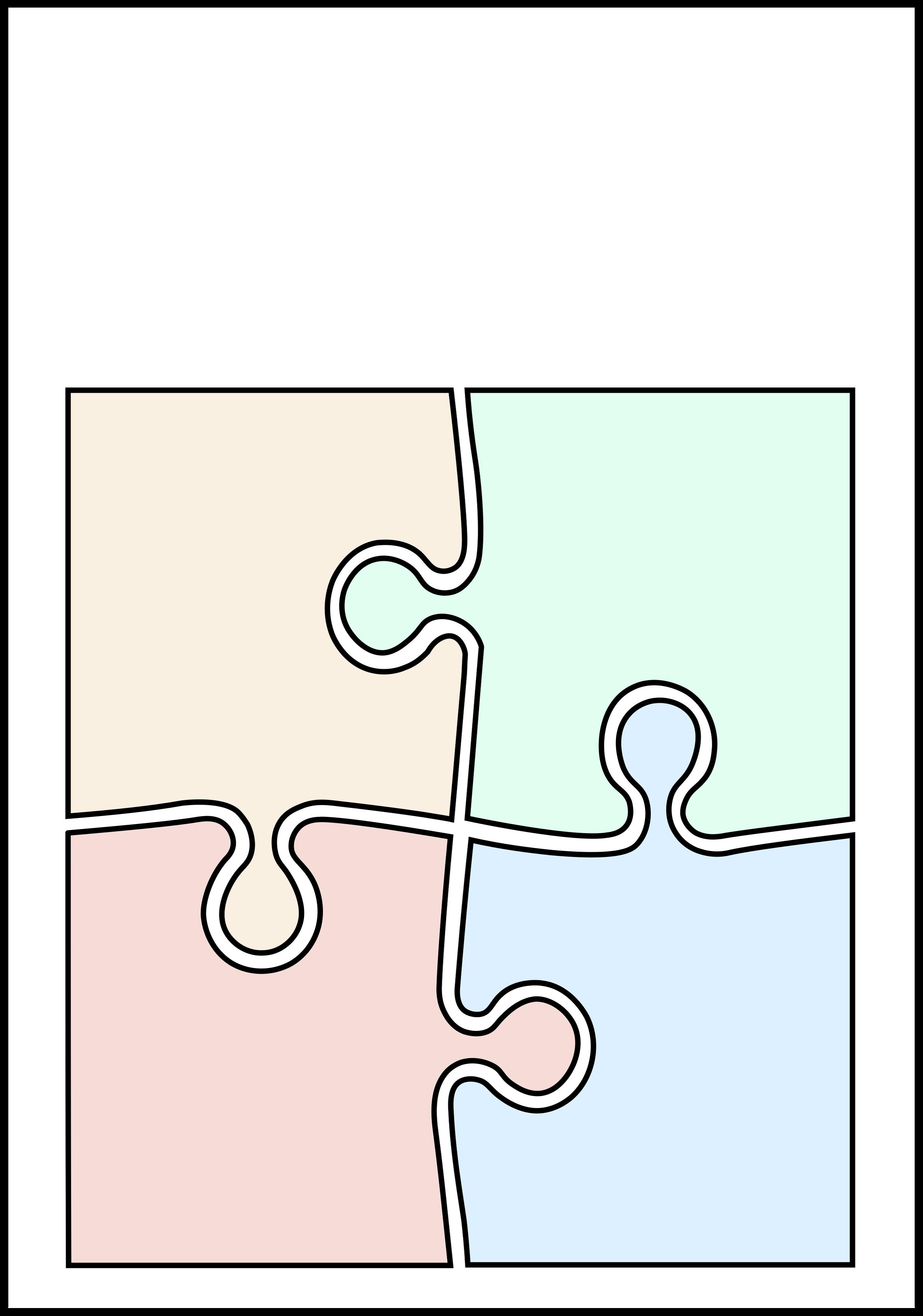
Focusesthebrain,calmsthenervoussystem,andcreatesspacefor reflection.
Amandalaisacircledesignthatrepeatspatternsandshapes. Youcancolorslowly,pickcalmingcolors,orevendrawyourown. Asyoucolor,trybreathingslowlyin…andout.
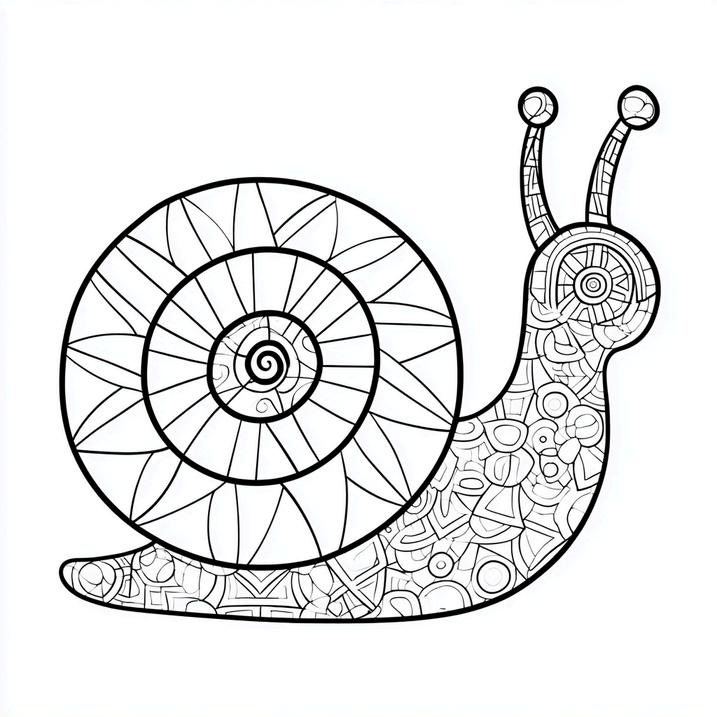
Asyoucolor, whatdoyounotice inyourbody?
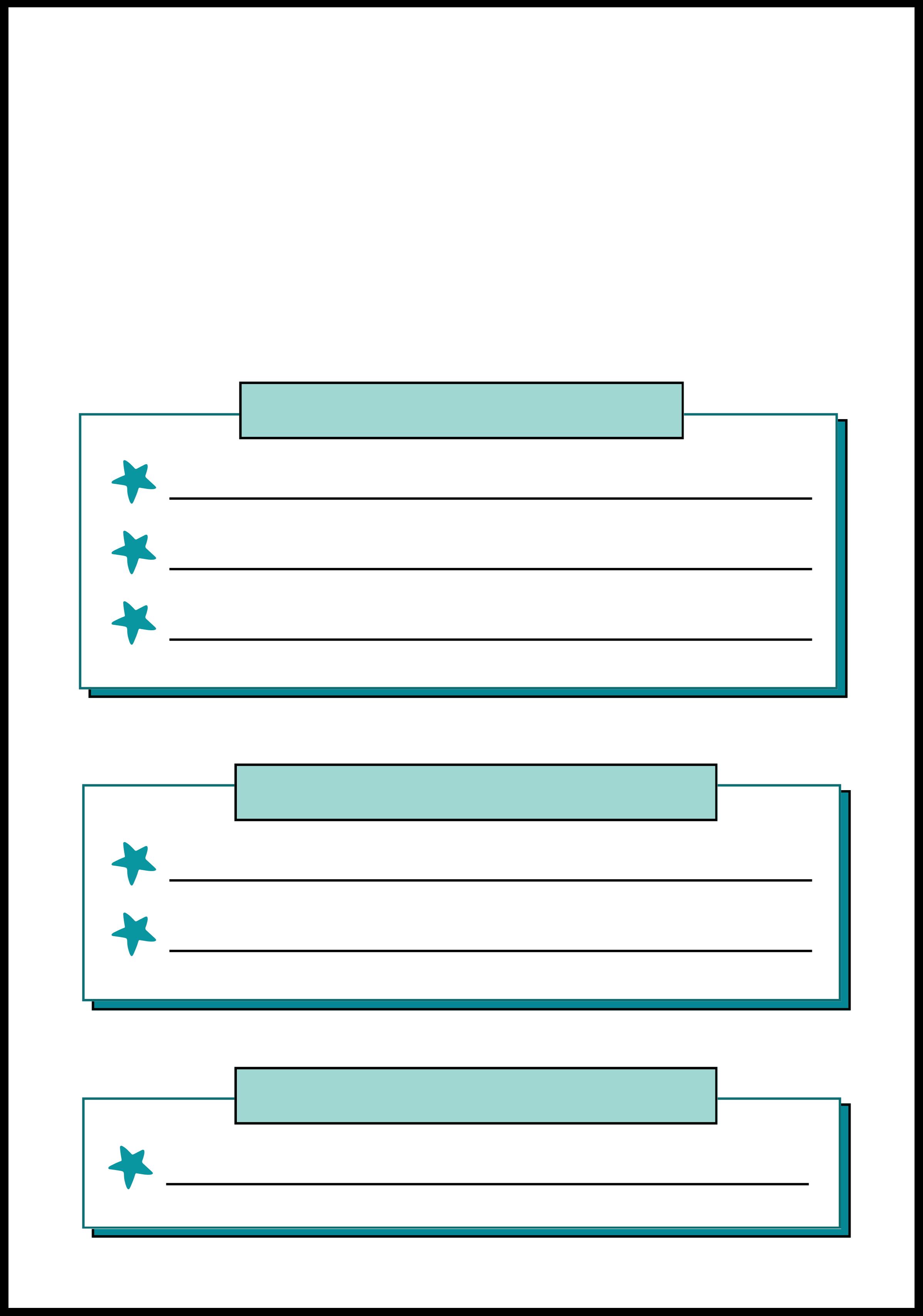
Pickacolorthat feelsstrong,and onethatfeelscalm
Wanttogiveyourmandalaanameormood?Writeithere:__________
Focusesthebrain,calmsthenervoussystem,andcreatesspacefor reflection.
Amandalaisacircledesignthatrepeatspatternsandshapes. Youcancolorslowly,pickcalmingcolors,orevendrawyourown. Asyoucolor,trybreathingslowlyin…andout.

Asyoucolor, whatdoyounotice inyourbody?

Pickacolorthat feelsstrong,and onethatfeelscalm
Dear Diary,
Some feelings are hard — like rocks in my chest.
But today, when I drew them, they started to feel soft. Not gone, just easier to hold. I think that helped

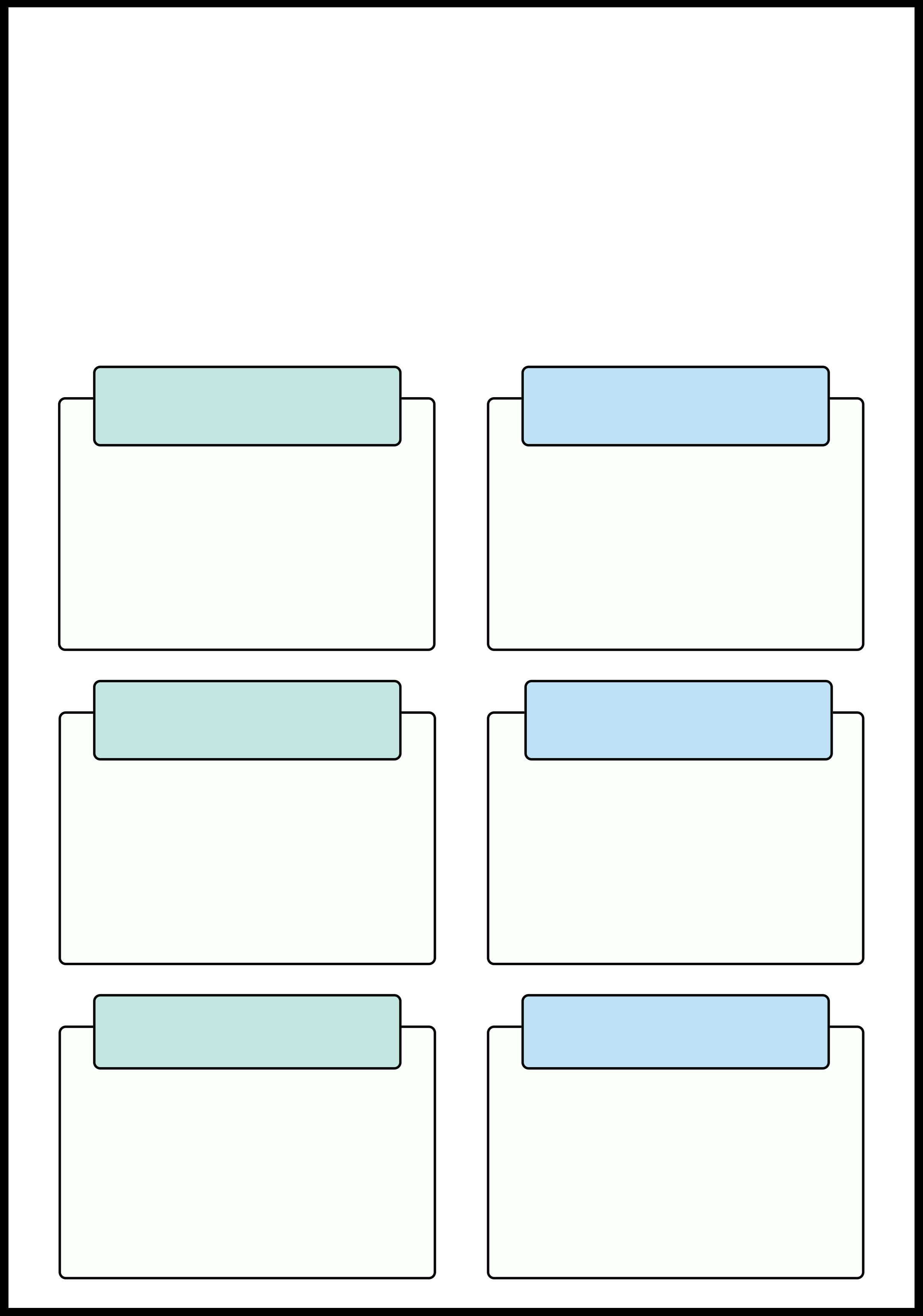

Pencil,crayonsor markers
(Optional:stickersor watercolor)
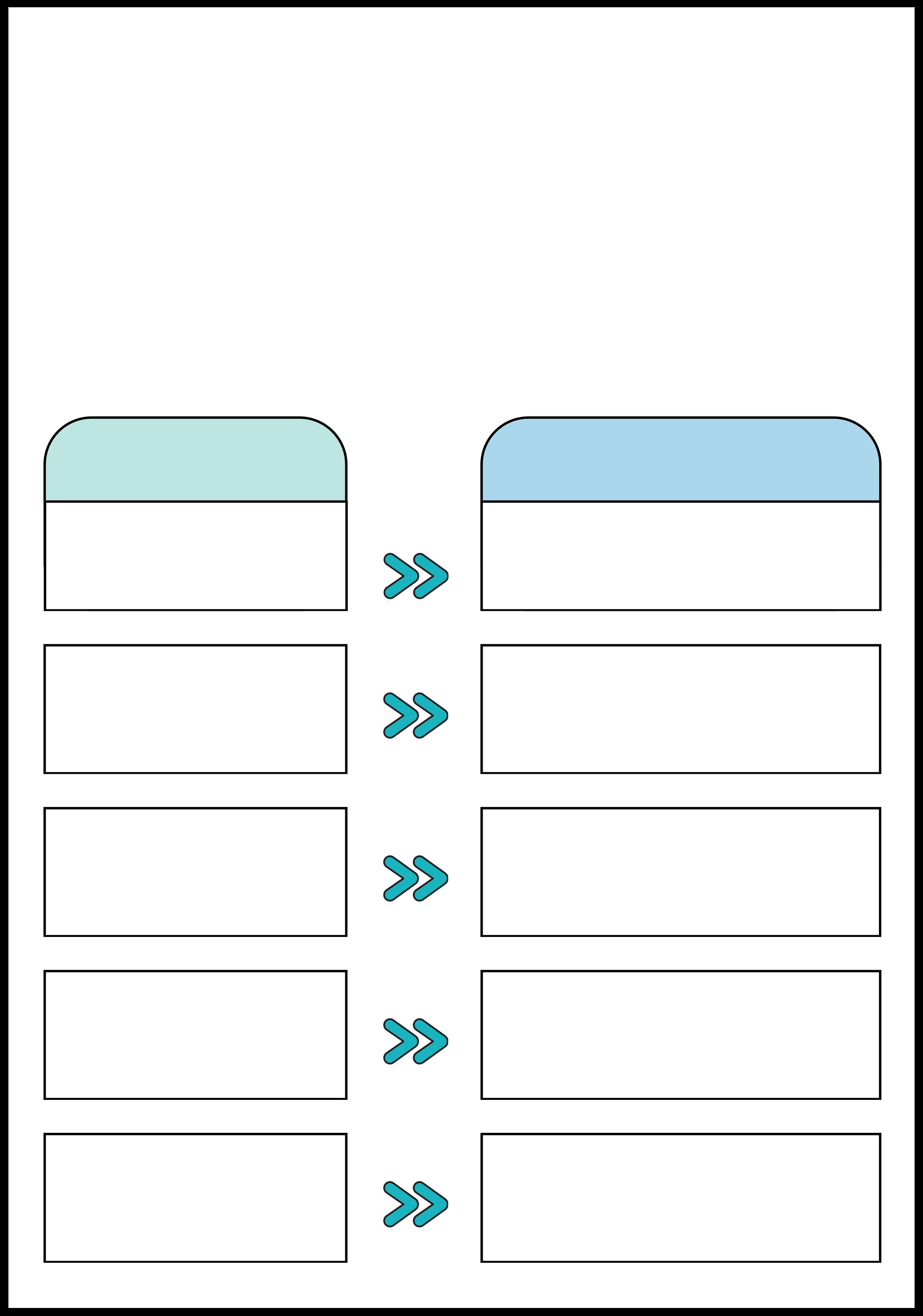
Sometimesaftersomethingreallyhardhappenedtous,wedon’tnoticehow muchwe’vechanged.
Evensmallthings likefeelingalittlelessafraidorspeakinguponce canshow growth.
Thispageisfordrawinghowthingsfeltbeforeandhowtheyfeelnow.
Youdon’tneedtousewordsunlessyouwantto.
Usecolors,shapes,faces,orsymbols anythingthatshowsthedifference,even asmallone.
“Emotions are not problems to be solved. They are signals to be interpreted.”
Vironika Tugaleva
Dear Diary,
Today I’m going to listen to my body. Sometimes, feelings show up as tight shoulders, a fluttery tummy, or warm hands. After I do my body activity, I’ll draw what I notice and write a few things down.
It’s okay if I don’t feel much—this is just a way to check in and see what my body might be saying.
Let’s see what shows up today…
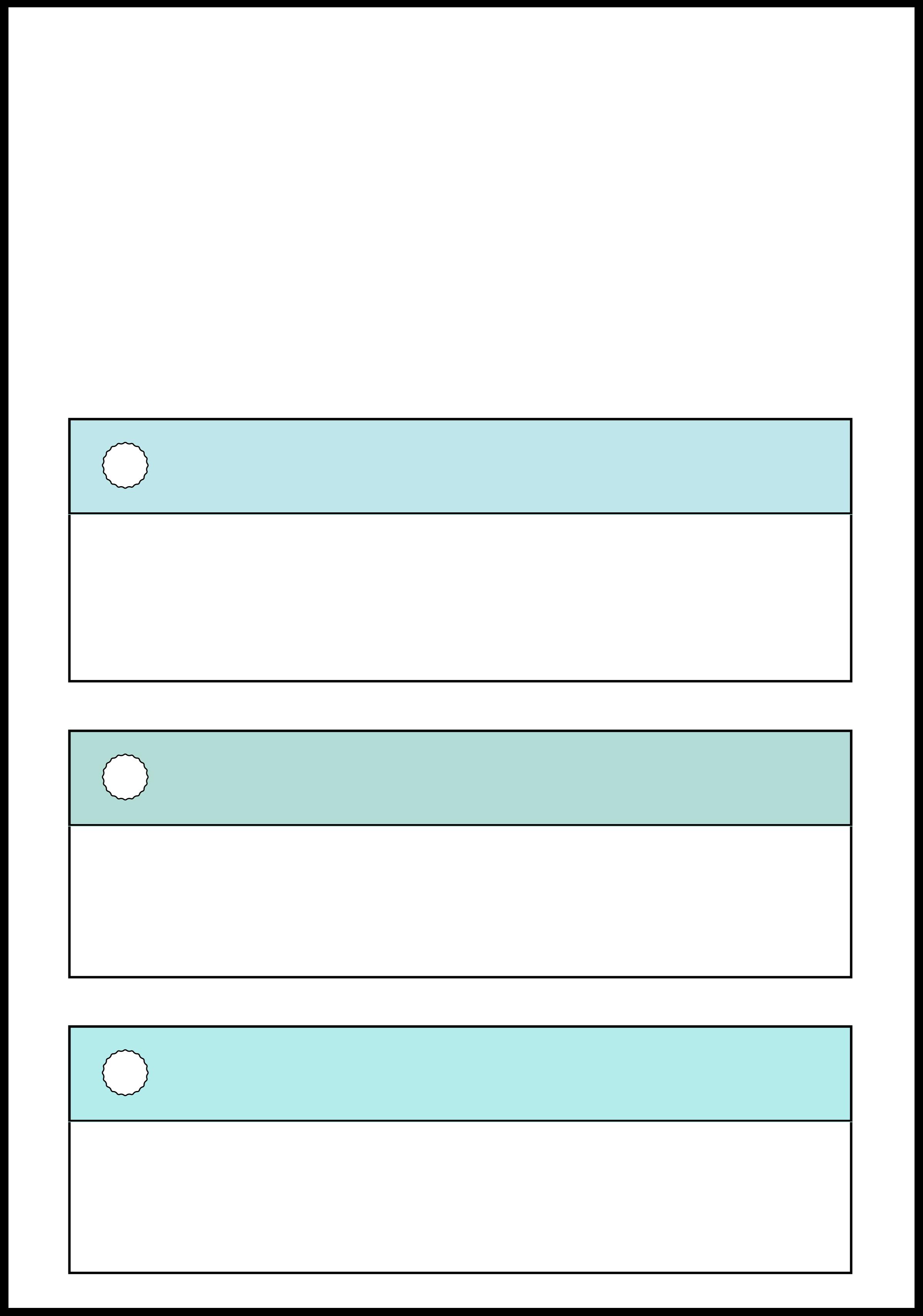
Howareyoufeelingrightnow?(Pickoneorwriteyourown) �� Calm �� Anxious �� Happy �� Sad �� Frustrated �� Tired
2 1
TRYABODYACTIVITY
Dosomeexercise(likestretching,shaking,ordeepbreathing). Takeabout5–10minutes
3
BODYSCANDRAWING
Onthenextpage isadrawingofabody.Useapenorcoloredpencilto: Circleanypartofyourbodywhereyoufeltsomethingstrong(agoodor weirdoruncomfortablefeeling).
Drawalinefromthatbodyparttooneoftheemptyboxesandanswer the3questions.
1.Belowisadrawingofabody.Useapenorcoloredpencilto:
2.Circleanypartofyourbodywhereyoufeltsomethingstrong(agoodorweird oruncomfortablefeeling).
3.Drawalinefromthatbodyparttooneoftheemptyboxesandanswerthe3 questions

Whatdidyoufeelbeforethe activity?

Didanythingfeelweirdor uncomfortableduringit?
Howdoyoufeelnow?

Trytowrite2easygoals,2harderones,and1maingoal— somethingyoureallywanttoworktoward.
: (checkoffoncedone!)
☐ Iwasclearandspecific
☐ IchosethingsIcanmeasureornotice
☐ Ipickedgoalsthatfitme notjustwhatsoundsgood
☐ I’mokayifIneedtochangethemlater
☐ I’llcelebrateeventhesmallwins!


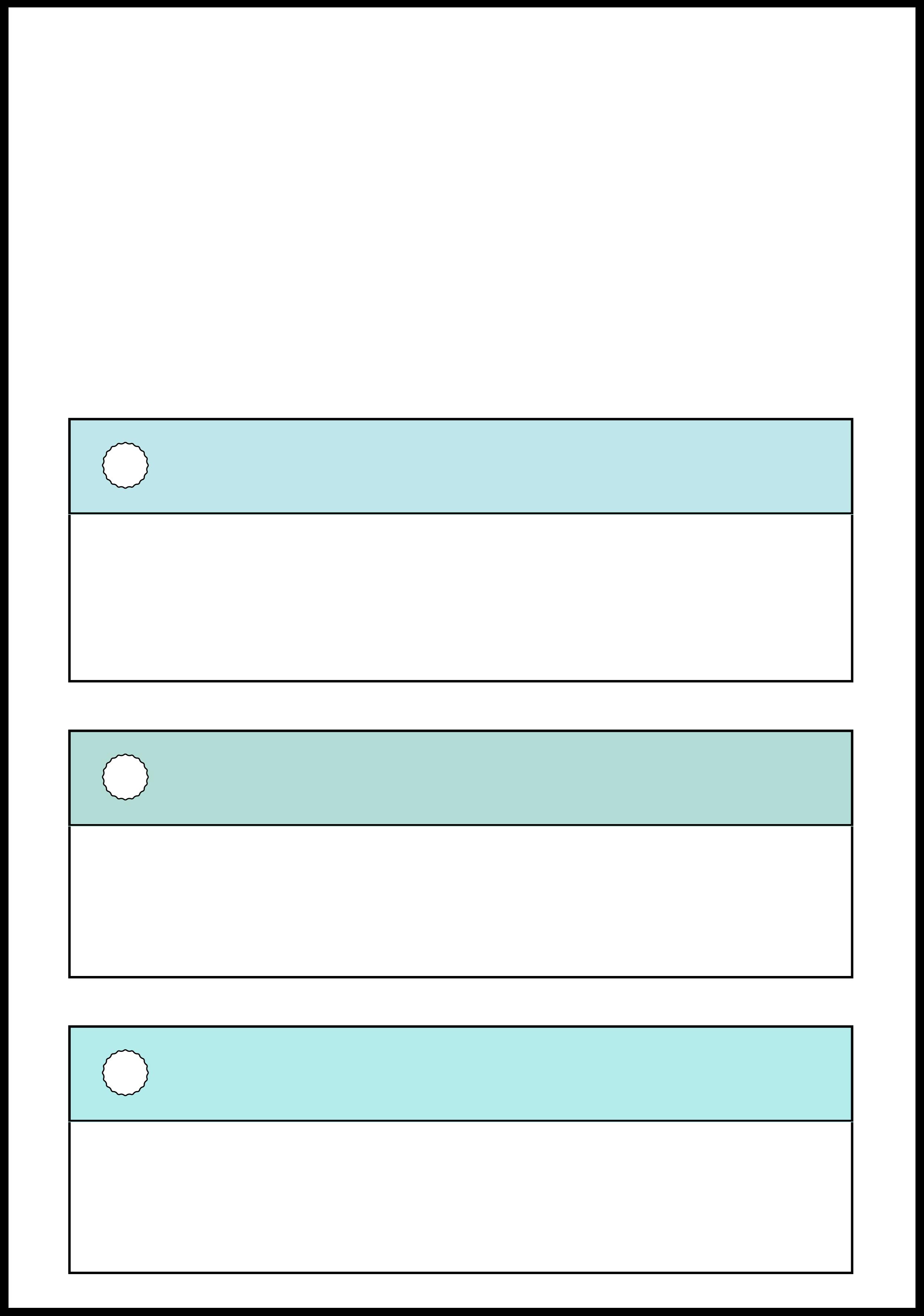
TODAYI’MGRATEFULFOR
SOMETHING I’MPROUDOF
WORDSTOINSPIRETHEDAY
TOMORROWILOOKFORWARDTO
TODAY’SAFFIRMATION
HOWHAVEIFELTTHISYEAR?
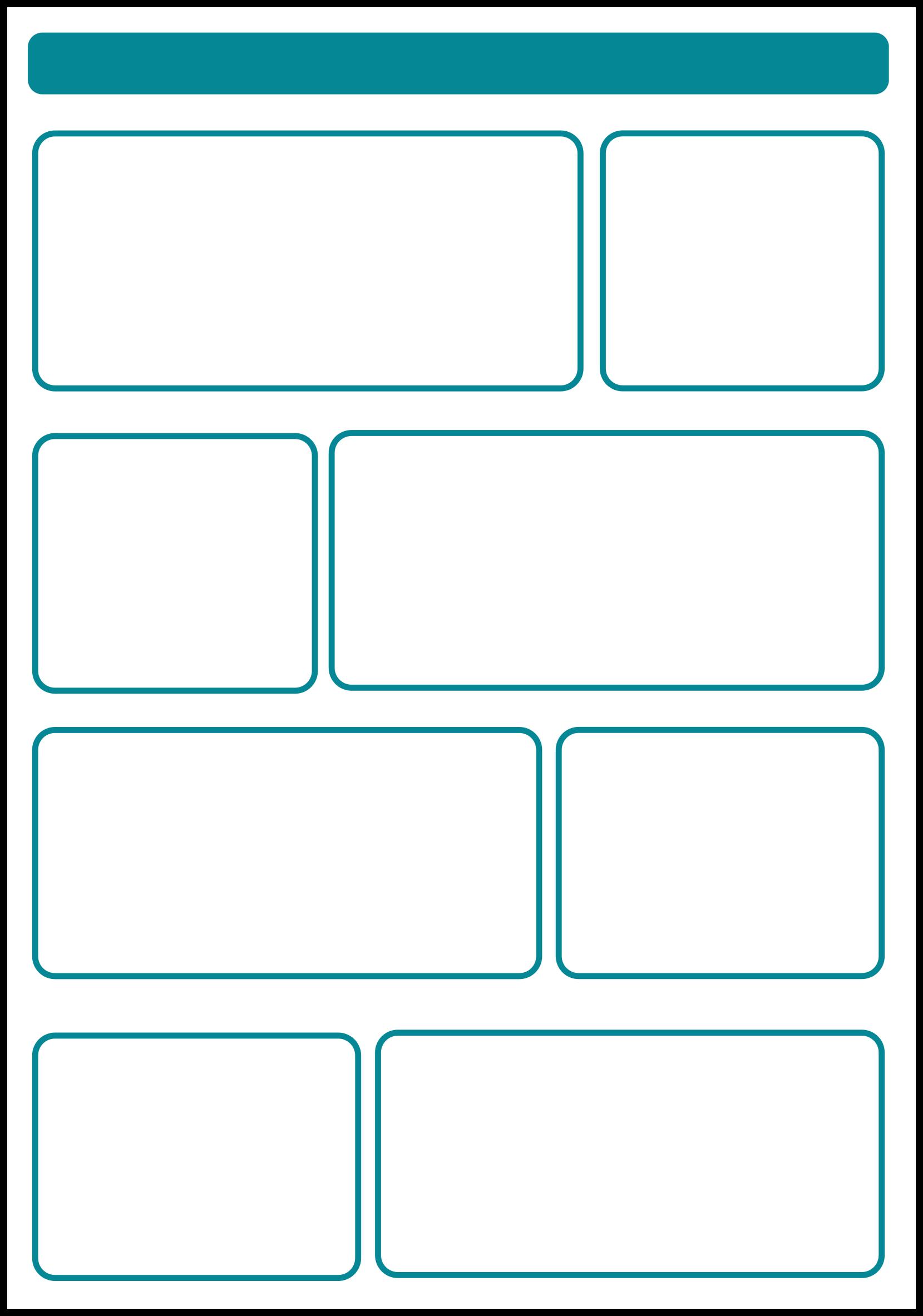
Chooseupto3movesaday (ormoreifyoulike)and buildyourownrhythm.
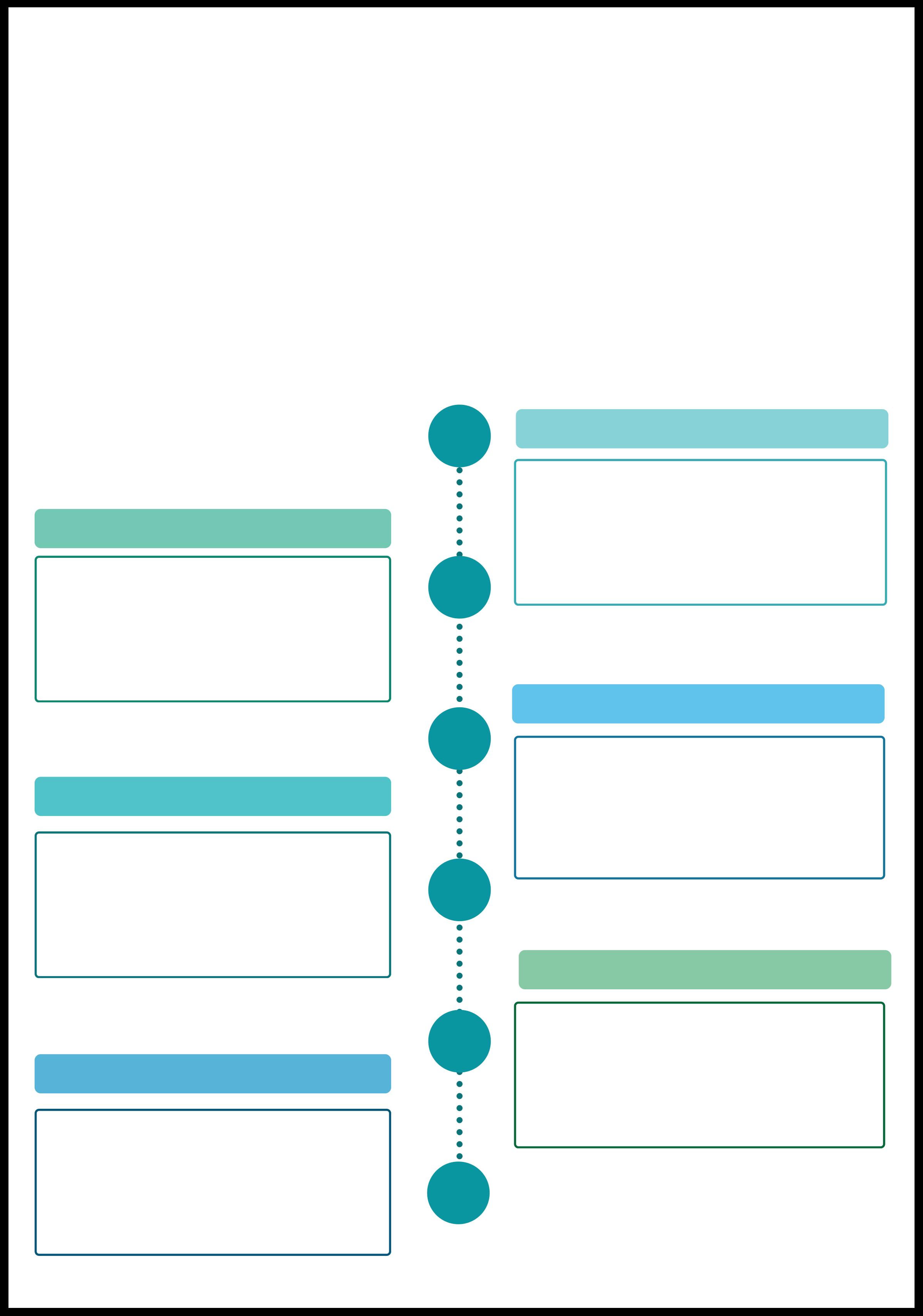
Dear Diary,
Today I’m making a 10-minute plan to help my body feel better and my mind feel calm. I want to feel more me—stronger, lighter, braver, or just less wiggly inside. I get to pick movements that feel right for me, and I can change them anytime.
Here’s what I’m going to try today:
6-Minute Main Moves 2-Minute Release 1 MINUTE WARM 1-Minute Cool-Down
2 1


EatSmart,FeelStrong:WhyNutritionMattersforYou
Whatisgoodfood. it’sthekindoffoodthathelpsyourbrainthinkbetter, yourmoodstaybalanced,andyourbodyfeellikeitcantakeontheworld (oratleastschool).
Whenyou’reyoung, yourbodyisgrowingrapidly Yourbrainisdeveloping, youremotionsareshifting,andsometimesitfeelslikeeverything’s changingallatonce.Soyes,whatyoueatreallymattersrightnow.Thinkof foodasfuel notjustforyourbody,butalsoforyourenergy,focus,and feelings.
WhatShouldYouEatMoreOf?
1.Proteins
Proteinshelpbuildstrongmusclesandalsosupportclearthinkingand focus.
Goodoptions:meat,eggs,beans,chicken,tofu,yogurt,nuts,fish
2.Brain-BoostingHealthyFats
Omega-3fatsareespeciallygoodforyourbrainandnervoussystem.
Goodoptions:salmon,tuna,chiaseeds,walnuts,avocado
3.VegetablesandFruits
Fullofvitamins,minerals,andfiberthathelpyourenergyanddigestion.
Goodoptions:spinach,broccoli,berries,bananas,carrots,apples
4 WholeGrains
Thesekeepyourenergysteadythroughouttheday
Goodoptions:oats,brownrice,wholegrainbreadorpasta,quinoa

1.YourBrainSortsInformation
Alldaylong,yourbraincollectsthoughts,ideas,andmemories.Whenyousleep, yourbrainorganizesthisinformation likeputtingbooksontherightshelf.This helpsyourememberwhatyoulearnedatschoolandhowtodonewthings.
2.YourStressSwitchTurnsOff
Whenyou'reawakeandbusy,yourbrainsometimesgetsstuckin"stressmode." Butsleephelpsyourstressresponseslowdown,soyourbodycanrestand recover.
3.YourMusclesRelax
Yourmusclesstopworkingsohardwhenyou’reasleep Thisgivesthemtimeto heal,getstronger,andfeelbetter.
4.YourBodyMakesImportantHormones
Thesehormoneshelpyoufeelsleepy,staycalm,andgrow.Oneofthem,called melatonin,tellsyourbodyit’stimetorest.Anotherone,cortisol,goesdownat nighttolowerstress.
HowDoYouKnowIfYou'reGettingGoodSleep?
There’sasimplewaytocheck,usingthewordSATED:
S=Satisfied:Doyoufeelgoodaboutyoursleep?
A=Alert:Areyouawakeandfocusedduringtheday?
T=Timing:Doyougotobedandwakeupataboutthesametimeeveryday?
E=Efficient:Doyousleepmostofthetimeyou'reinbed,ordoyoutossand turn?
D=Duration:Doyougetenoughsleepforyourage(about9–11hours)?

Dear Diary,
Sometimes I forget how important sleep really is. It’s not just about closing my eyes—it’s how my body recharges, how my brain remembers things, and how my feelings calm down.Tonight, I want to give my body the rest it needs. I’m learning to take better care of myself, even when I’m dreaming.

1.Gotobedandwakeupatthesametimeeveryday—evenonweekends.
2.Keepscreens(liketabletsandphones)outofbed.
3.Createabedtimeroutine(bath,book,andquiettime).
4.Keepyourroomcool,quiet,anddark.
5.Tryrelaxingmoveslikestretchingorslowbreathingbeforebed.

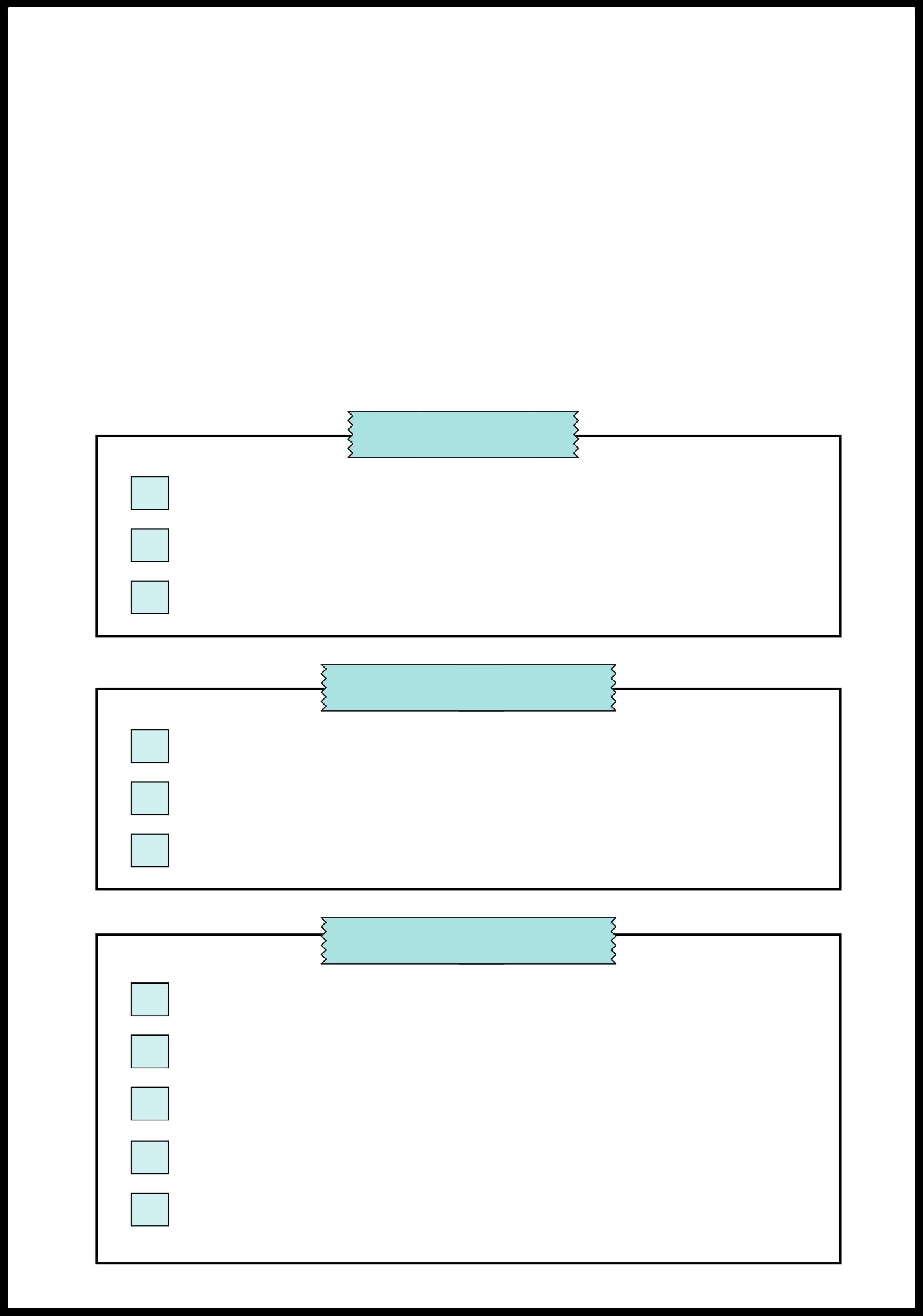
Ifeeltiredduringtheday
Ifallasleepfast
Iwakeupinthemiddleofthenight
Doyouhaveacalmbedtimeroutine(likereadingorquiettime)?
Doyougotobedatthesametimemostnights?
Doyouturnoffscreens(TV,phone,tablet)beforebed?
Doyoufeelsatisfied?
Doyoufeelalertinclass?
Isyoursleeptimeregular?
Doyousleepmostofthetimeinbed?
Areyougettingenoughsleep?
“Setting goals is the first step in turning the invisible into the visible.” Tony Robbins
Today I saw something in my friend that made me think about what trauma really is.



She used to flinch when someone closed a book too loudly. She'd stare at the floor during group work and freeze when someone asked her a question. The teachers never pushed her, but they always stayed close—like they were holding space for her to come back when she was ready.
Now, months later, she's starting to come back. She laughed during art. She made a joke in science. She even told someone, “I need a break,” instead of shutting down.
That’s when I realized something: trauma doesn’t just live in your memories—it lives in your body. It hides in fast heartbeats, shaky hands, sore stomachs, and a brain that’s always scanning for danger. It tells you the world isn’t safe, even when it is.
Our teachers talk to us about this in a way that makes it feel okay—not scary. They say your brain has a smoke alarm, and sometimes, when you’ve been through something hard, that alarm gets stuck in the “on” position. Your body keeps reacting, even if the danger is gone.
But here’s the good part. They also teach us how to unstick the alarm. We learn how to notice what our bodies feel like when we’re about to flip our lid. We learn breathing tools, movement breaks, and grounding tricks like noticing what’s around us. We learn to name our emotions—or draw them, or act them out, or even just sit with them quietly.
No one forces us to talk about what happened. That’s private. But we’re allowed to learn how to feel safe again.
Watching my friend come back to herself—bit by bit—makes me believe healing is possible. She’s not “all better.” But she’s rebuilding trust with the world. And maybe with herself.
That gives me hope. Because some days, I still feel the shaky hands. The skipping heart. The need to scan the room and find the exit. But if she can start healing, maybe I can too.
Sometimesit’shardtodescribehowwefeelwithwords especiallyafter somethinghard.Butyourbodyremembers,andyourhealinghasa shape,acolor,afeelingallitsown.
IfmyHealinghadaShape:



MyOwnShape:
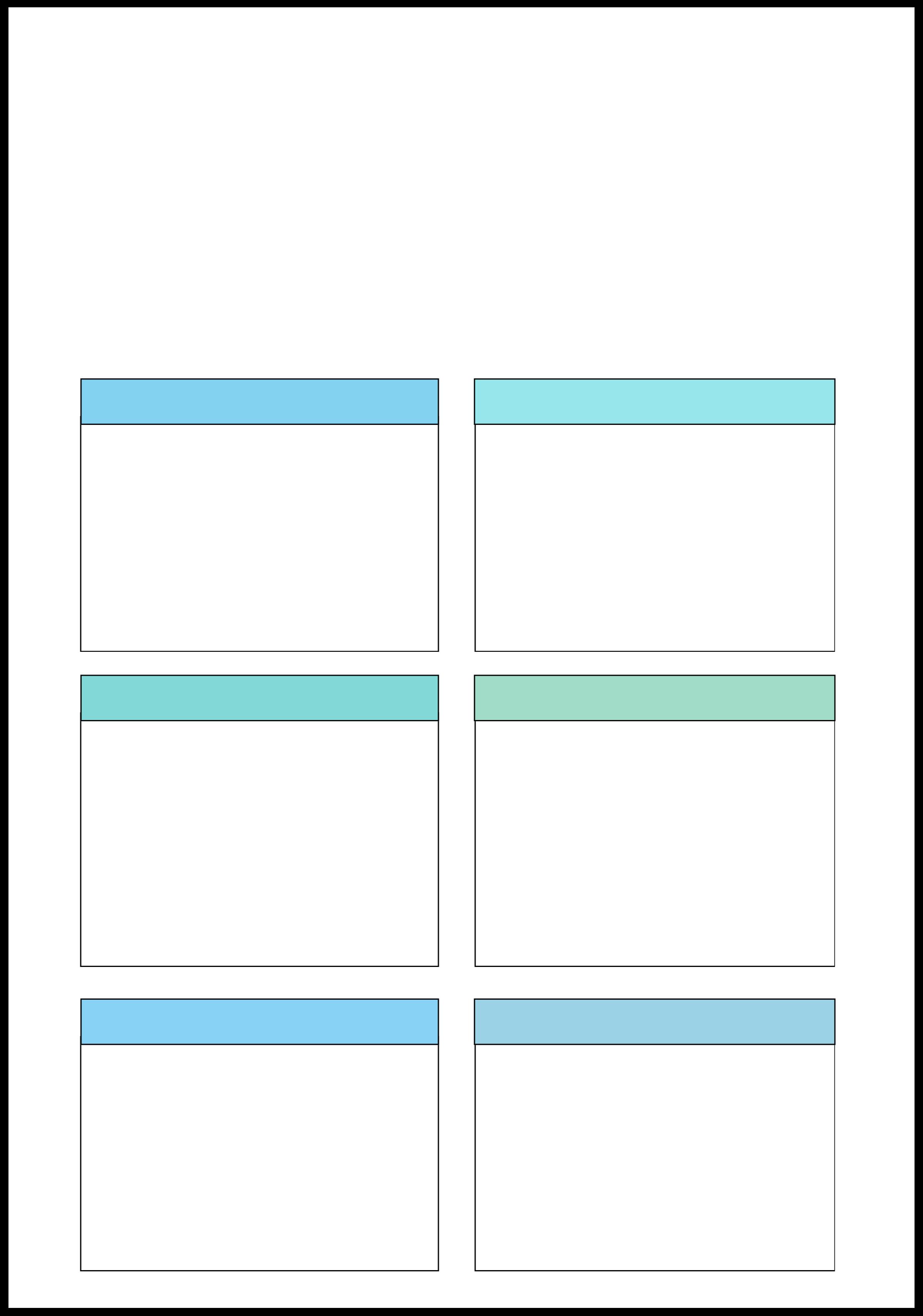
IfmyHealinghadaColour:
Colour: Whydidyoupickthatcolour?
IfmyHealingmadeaSound:
WhereinmybodydoIfeel healingbegin?

OnethingIdothathelpsmefeel safeagainis
Example:huggingapillow, breathingslowly,listeningto music

Whensomethinghardhappens,Ifeel:
OneSmallthingI’vedonoethathelpedmefeelalittlebetter:
Someoneorsoomethingthathelpsmefeelsafe:
Circle what you’ve done lately (even once is enough!):
☐ Took a deep breath
☐ Asked for help
☐ Said how I felt
☐ Took a break
☐ Cried and let it out
☐ Helped someone else
☐ Got through a tough day
☐ Spent time doing something I enjoy
Dear Diary,
Sometimes healing feels like nothing is changing. But when I look back, I realize I’ve already climbed a few steps. I used to freeze when I was overwhelmed. Now I remember to breathe. I used to hide when things felt too big. Now I ask for space. This is what healing looks like—one step at a time. Even small steps count. And I’m still climbing.
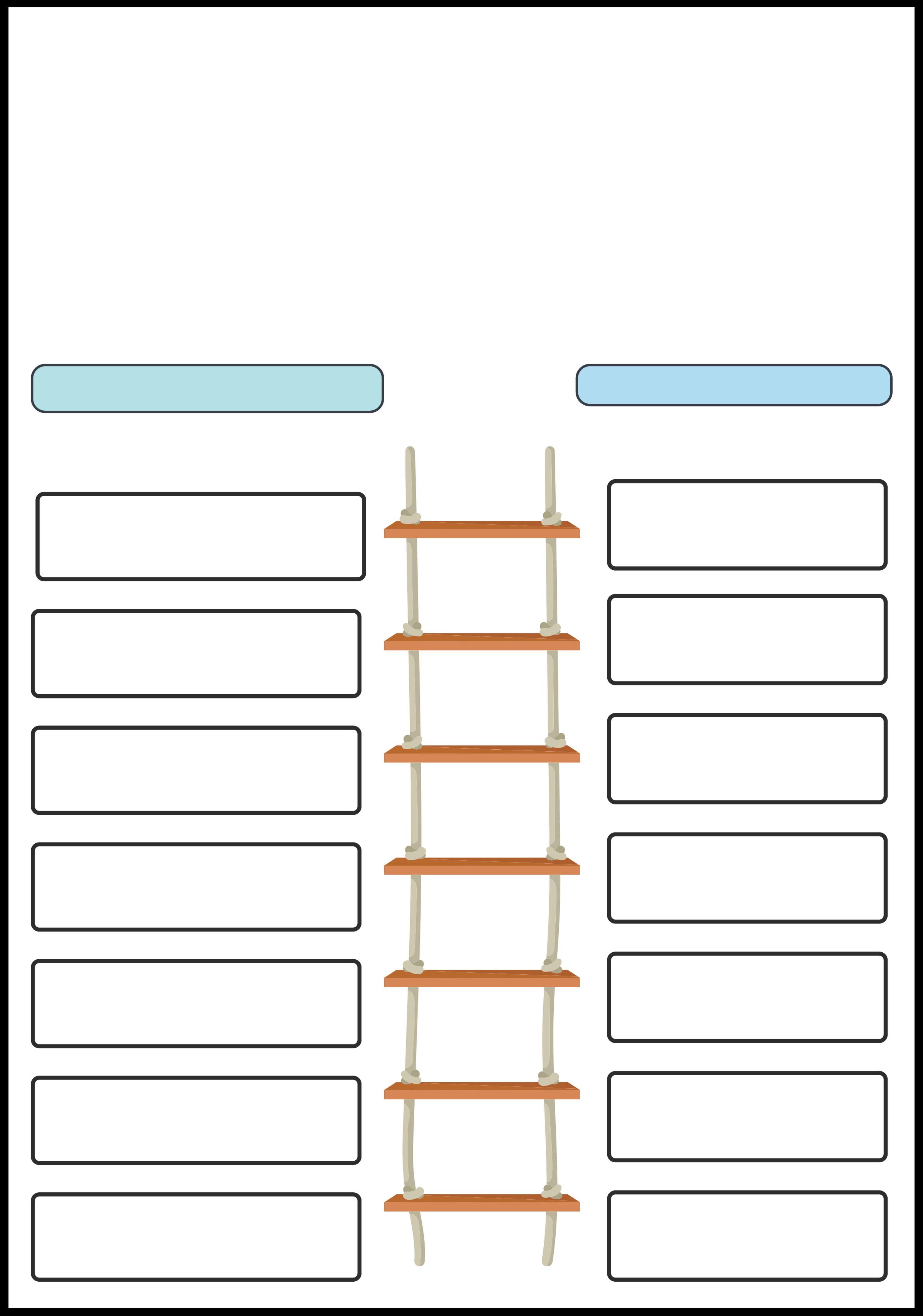
IstayedquietwhenIwasupset.
WhatICanDoNow(Now)
Icansay,“Ineedabreak.”
Ididn’tknowwhatIwasfeeling. Icannamesomeof myfeelings. Iusedtoholdeverythinginside
Icandraworjournal howIfeel. Iusedtohideduringgrouptime.
Icansitwithothers andlisten. Ifeltunsafemostoftheday.
Ihavemoments whereIfeelokay.
Ididn’ttrustadultsatschool
Icanaskforhelp whenIneedit. Ididn’tlikeeyecontact
Icanlookupand smilesometimes.
Inthefirstcolumn,writesomethingthatusedtobehardforyou. Inthesecondcolumn,writewhatyoucandonow,evenifit’sjustalittledifferent. Youcanwrite,draw,orevenusecolorsorsymbolstoshowyourprogress
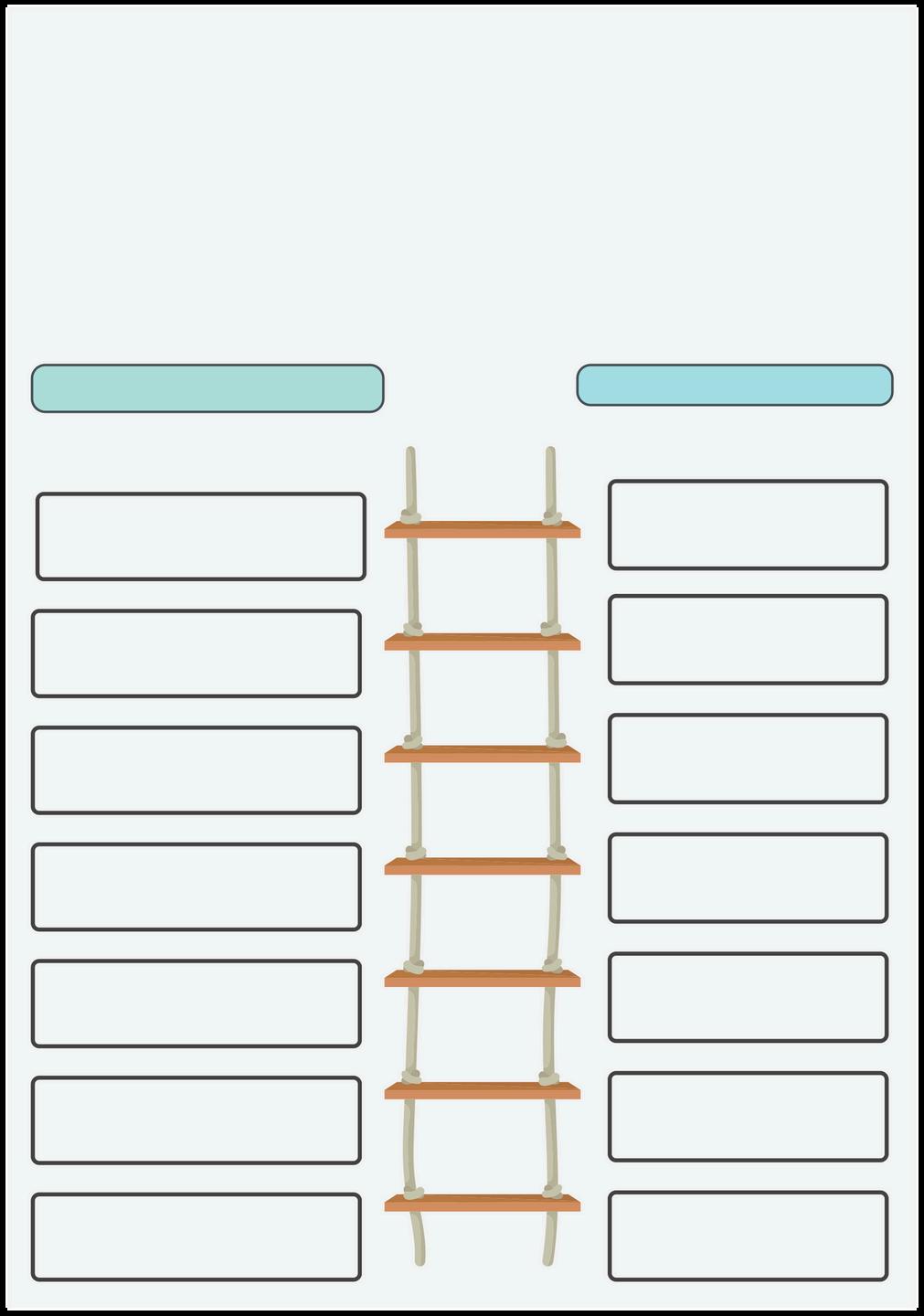
WhatICouldDoBefore(Then)
WhatICanDoNow(Now)
Dear Diary,
Today I learned something kind of amazing. Our bodies have something called nerves—tiny messengers that help us feel and react to the world around us.
When I feel excited, like before a big game, or nervous before a test, that’s my nerves doing their job. They send signals from my brain to my body, kind of like texts, telling me, “Hey, something important is happening!”
But sometimes, my nerves work too hard—like when I’m safe but still feel scared or frozen. That’s okay too. It means my body is trying to protect me, even if there’s no danger. I want to get better at listening to what my nerves are trying to say... not ignoring them, but also not letting them take over. This feels like the start of something good.

Yourbodyfeelssafe andreadytolearn.

Yourbodysenses apossiblethreat.
Yourbodythinks it’sindanger.
Directions:Thinkaboutthetraumaticexperiencesyourfamilyhasfaced. Writedownonewaythistraumamightstillaffectyourfamilydynamics, relationships,orbehaviorstoday.
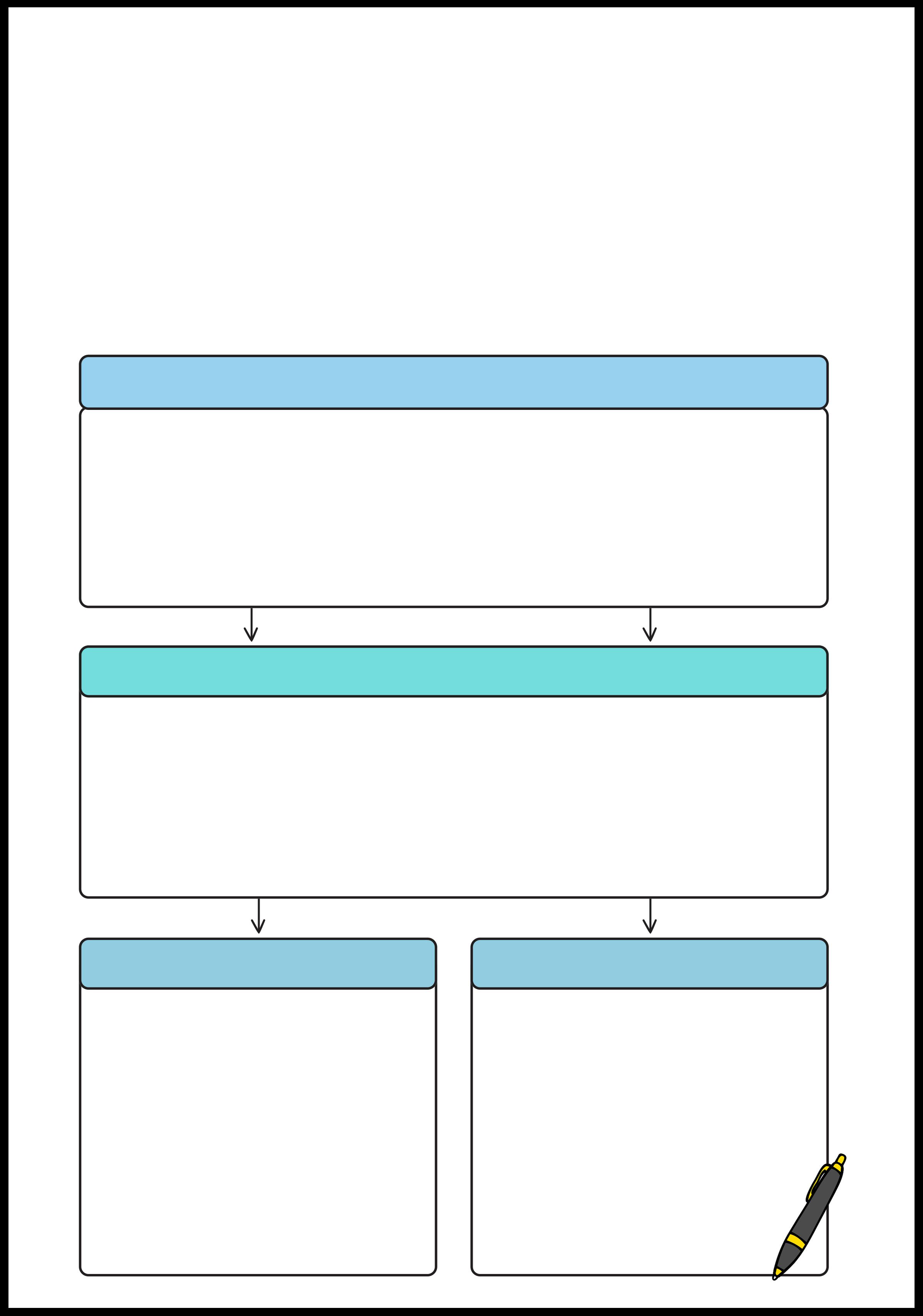

Dear Diary,
Today I learned something big: My body is not the problem.
It’s actually one of the most precious things I have.
Even when it feels tight, tired, shaky, or shut down — it’s only trying to help me.
We talked about how our bodies have zones:
The Green Zone is when I feel calm, connected, and safe.
The Orange Zone is when my body gets alert — maybe worried, jumpy, or ready to run.
The Red Zone is when I shut down, go quiet, or feel frozen inside.
None of these zones mean something’s wrong with me. They mean my body is protecting me the best way it knows how. And that makes it something to respect, not blame.
I used to think my body betrayed me when I felt anxious
Now I know it’s been loyal the whole time — just doing its best to carry me through.
From now on, I want to treat my body with more care. It’s not broken. It’s brilliant. And it deserves my kindne


